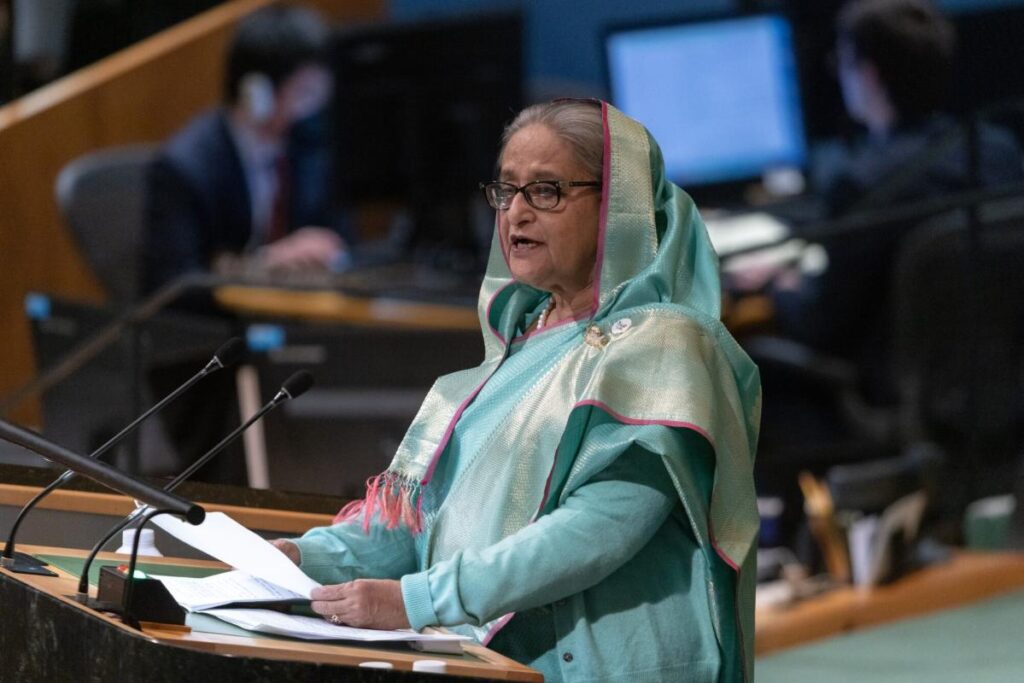A recent report estimates that approximately $16 billion may have been illicitly extracted from Bangladesh each year during former Prime Minister Sheikh Hasina’s 15-year administration. This finding was presented by a committee led by economist Debapriya Bhattacharya to interim leader Muhammad Yunus, following Hasina’s ousting amidst a popular uprising. The committee’s submission, consisting of a comprehensive white paper on Bangladesh’s economic condition, highlights the systemic issues of mismanagement and corruption that have plagued the country under Hasina’s rule. Yunus, a Nobel laureate celebrated for his work in microcredit, expressed dismay over the blatant corruption that occurred during Hasina’s government and noted the difficulty faced by the public in confronting these issues.
In the aftermath of the mass protests that ousted Hasina in August, many leaders from her party have either been imprisoned, gone into hiding, or fled the nation entirely. The current political climate leaves the ruling party without a spokesperson to address the serious allegations outlined in the white paper. As the interim government seeks to restore trust and build an improved economic framework, the committee’s findings paint a troubling picture of corruption deeply rooted in the previous administration’s policies and decisions.
The committee’s investigation focused on seven large-scale projects out of a total of 29 that each had expenditures exceeding 100 billion taka (around $836 million). Initially, the cost of these seven projects was estimated at 1.14 trillion taka; however, the Hasina administration revised these figures upward to 1.95 trillion taka after adding components and inflating land prices, among other factors. This cost inflation indicates potential misuse of authority, suggesting that financial figures were manipulated to facilitate corruption rather than serve the public good.
Bhattacharya emphasized the significance of the findings, stating that the issues of corruption and mismanagement are far more entrenched than initially believed. The white paper spans 400 pages and aims to elucidate how crony capitalism has facilitated the rise of an oligarch class that exerted substantial influence over policy-making in Bangladesh. This dynamic not only undermined the economy but also contributed to a governance model that prioritized personal enrichment over public welfare.
The interim government, under Yunus’ leadership, faces the daunting task of addressing the fallout from 15 years of potentially rampant corruption and of trying to rebuild trust with the populace. As disclosed in the white paper, confronting the entrenched interests that have benefited from the misallocation of resources will require significant political will and may involve reforming institutional frameworks to ensure accountability. The revelations also serve to galvanize public sentiment against corruption, pressing the need for transparency and governance reforms that prioritize the needs of the Bangladeshi people.
The findings and overarching narrative presented in the white paper reflect a critical juncture for Bangladesh—one that could lead to substantial political and economic reform or further entrenchment of existing corruption if not adequately addressed. The interim administration’s next steps will be crucial in determining the direction of the country, particularly in establishing a functional democracy and a sustainable economy that benefits all citizens, not just a select few.

